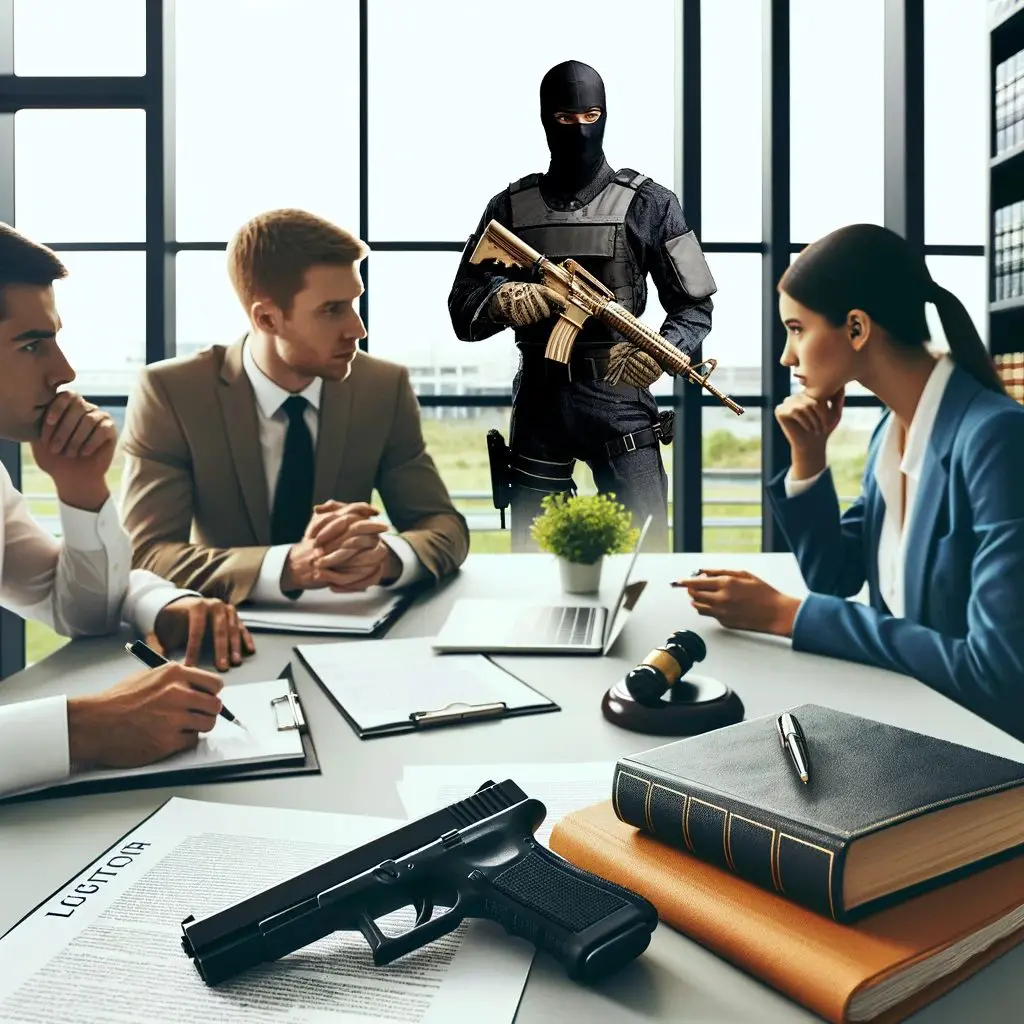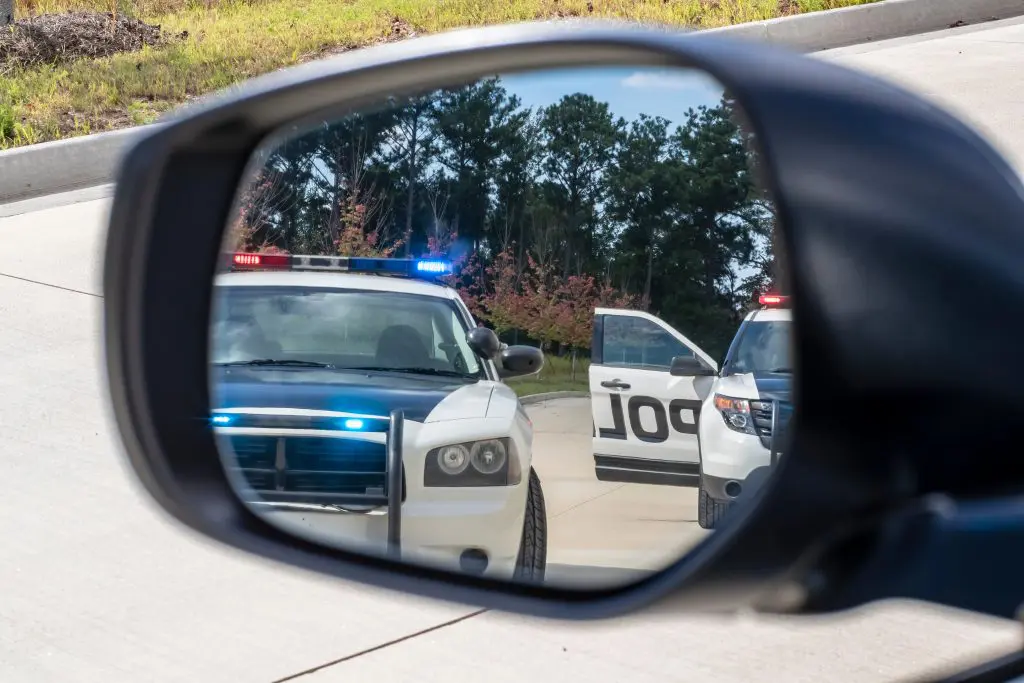Weapon Charges
Legal Insights into Weapon Charges: Rights, Defenses, and Consequences
Facing weapon charges can be a daunting experience, with legal complexities and severe repercussions. It’s crucial for individuals accused of such charges to understand the legal framework surrounding them.
Weapon charges encompass a range of offenses, from unlawful possession and carrying of weapons to using them in the commission of a crime. Laws regarding weapon charges vary significantly across jurisdictions, reflecting differing societal views on weapon ownership and use.
The legal consequences of weapon charges can be severe, including hefty fines, imprisonment, and long-term impact on one’s ability to own weapons in the future. Factors influencing the severity of penalties include the type of weapon involved, the accused’s criminal history, and the circumstances of the offense.
A key aspect of navigating weapon charges is understanding one’s legal rights. This includes the right to remain silent upon arrest and the right to legal representation. An experienced attorney can provide vital counsel, helping to navigate the complexities of the case and devise an effective defense strategy.
Defense strategies in weapon charge cases may involve challenging the legality of the weapon’s seizure or the arrest itself. Other defenses could include demonstrating lawful possession or use of the weapon, or lack of intent in cases involving accidental discharge or possession.
In addition to legal defenses, awareness and education about weapon laws are crucial. Understanding local and federal weapon regulations can prevent unintentional violations. For instance, carrying a licensed weapon across state lines may inadvertently lead to charges if the other state has stricter laws.
Moreover, the social and psychological aspects of weapon charges should not be overlooked. These charges often arise in contexts of self-defense, domestic disputes, or mental health issues. Addressing the root causes, such as advocating for mental health support and conflict resolution training, can be instrumental in reducing weapon-related offenses.
In summary, weapon charges carry significant legal and social implications. Understanding the laws, preparing a strong defense, and being aware of one’s rights are crucial for anyone facing such charges. Through legal guidance and societal efforts, the challenges posed by weapon-related offenses can be effectively addressed.
Forensic ballistics, a crucial branch of forensic science, plays a pivotal role in criminal investigations and...
Originally printed in 2002 in Crime, Justice and America magazine and reposted with permission from Crime,...


